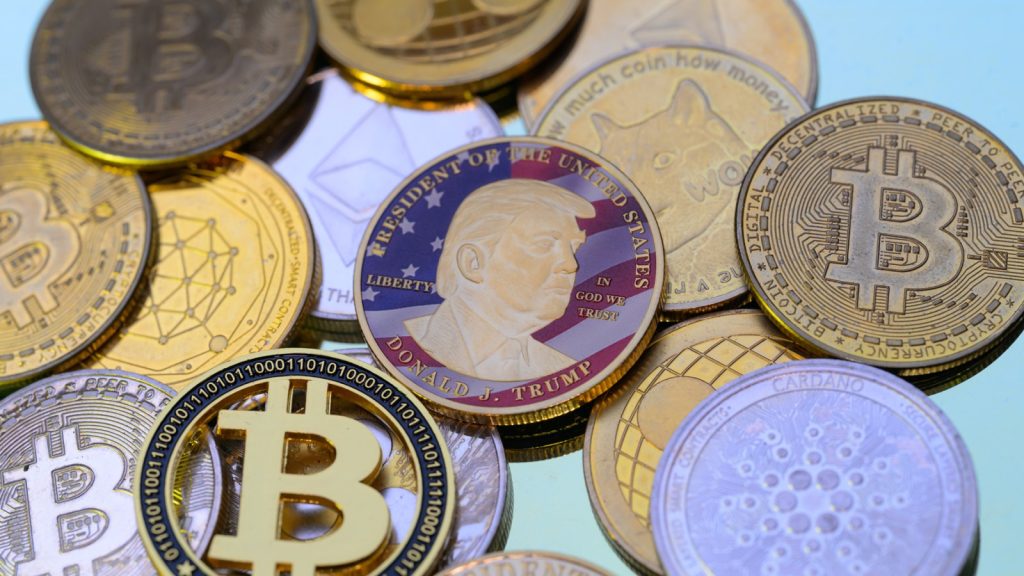While Donald Trump garners attention for his threats to deport more legal U.S. residents (and even citizens) to a detention center in El Salvador, his crypto wealth continues to expand. Additionally, his family is engaging with some questionable investors who could see significant benefits in aligning with an administration that is dismantling regulatory measures in the industry.
Beyond Trump and First Lady Melania launching their own meme coins, the Trump family is at the helm of World Liberty Financial, which has sold over $550 million in its inaugural digital token, $WLFI. This enterprise, in which Trump’s sons Barron, Eric, and Donald Trump Jr. hold ambiguous official roles, has raised concerns regarding corruption because it provides a straightforward means to transfer money to the Trumps: DT Marks DEFI LLC, a family-associated company, is positioned to receive 75% of the revenue from token sales, allowing unscrupulous actors in the cryptocurrency space to potentially bribe them in exchange for influences.
Justin Sun, a prominent crypto investor and billionaire born in China, has invested at least $75 million in $WLFI and acts as an advisor to World Liberty Financial. Following this investment, a month into Trump’s second term, the Securities and Exchange Commission suspended its civil fraud case against Sun and his businesses. Speculators are left pondering whether he acquired a practically worthless asset to alleviate his legal predicaments.
Recently, on April 4, a report from the corporate watchdog Accountable.US, shared with Rolling Stone, revealed that World Liberty Financial sold $25 million in tokens to Dubai-based DWF Labs. This acquisition of 250 million $WLFI for $25 million in USD Coin occurred three days before Trump’s Justice Department announced the disbandment of a team that had previously looked into crypto fraud.
There were concerns around DWF as it faced potential removal from Binance, the world’s leading crypto exchange, due to initial findings suggesting its involvement in fraudulent activities known as “wash trading,” intended to create a misleading impression of market activity. However, Binance later rejected these findings, asserting no misconduct occurred. The deal with World Liberty Financial could provide DWF with a shield from regulatory scrutiny under the Trump administration.
DWF’s managing partner, Andrei Grachev, previously led the Moscow branch of the crypto exchange Huobi and had been embroiled in controversy over his alleged involvement with a $4 billion crypto pyramid scheme. Recent scrutiny illustrated that DWF had a history of asserting it was a “market maker,” a title also shared by firms charged with illegal trading activities. The recent shift in regulations under the Trump administration has raised suspicions about ties between DWF and the White House, especially following substantial investments just before regulatory actions were relaxed.



